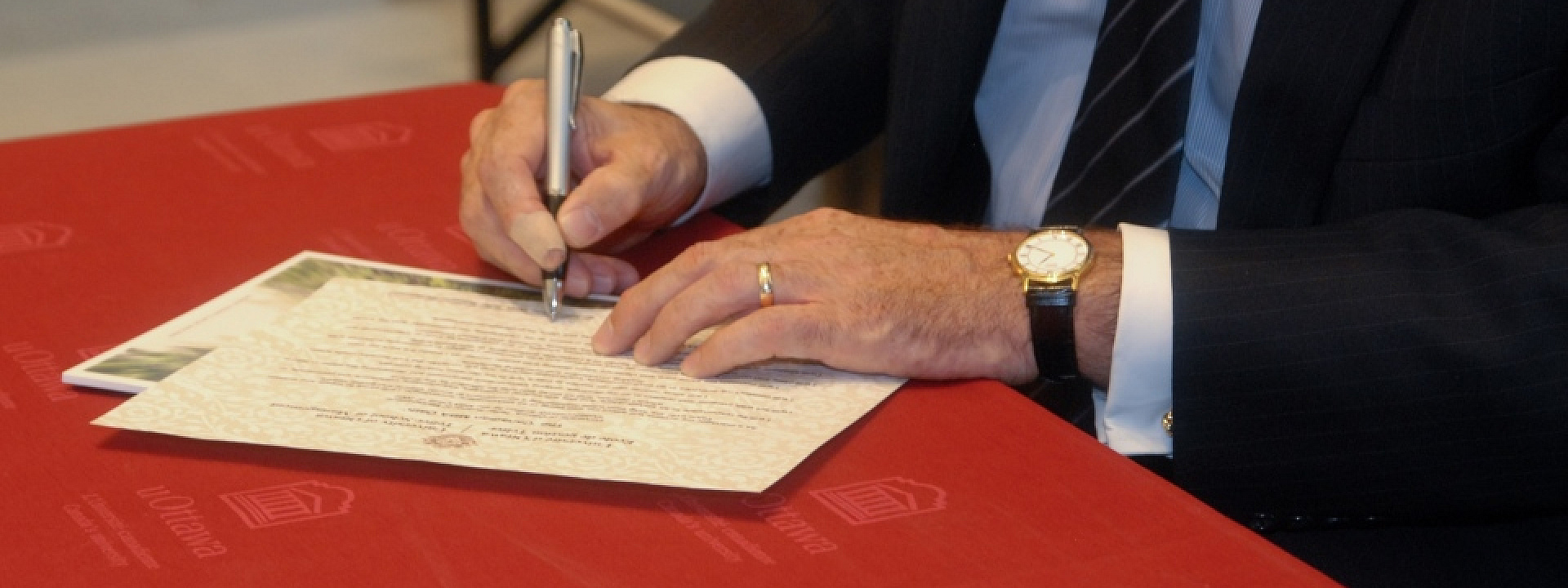Why do good people do bad things?
This is the question posed by Robert Prentice at a recent conference where he talked about Behavioural Ethics. The interesting point is that some studies have shown that business education increases rather than decreases unethical behaviour. Why might this be?
Behavioural ethics suggests that even the most well-meaning people can behave unethically in certain situations. This happens, according to Prentice, because of a few cognitive biases that include the following:
- Over-confidence bias - “I always behave ethically”;
- Conformity bias -“Everyone else is doing it”; and
- Respect for authority - “The boss says I have to”.
Business education might encourage unethical behaviour if the emphasis is placed on profitability above all. In other words, the MBA program might stimulate some of the biases mentioned above. Most MBA programs nowadays focus on a balance of results: people, profit and planet. In addition, many have introduced courses on ethics. The Telfer 2009 MBA grads went one step further to create an MBA Oath that outlines a set of values for how our MBAs will conduct themselves in the workplace.
All Telfer MBA grads sign off on the Oath prior to graduation, and many years later, Telfer MBA alumni can recall the ceremony that surrounds the signing and the commitment they made to ethical conduct. Harley Finkelstein, a member of the 2009 graduating class and a key proponent of the Oath points out that “other such Oaths were created in a number of American universities after the 2008 financial meltdown, but we wanted to create an Oath that would reflect Canadian values”. The focus is on “doing good” of course, but also on realizing that good people can do bad things if they are put in situations in which the ethical aspects are perhaps nebulous. Attaching one’s signature to a set of values instills a framework for making ethical decisions when faced with ambiguous situations.
MBA Director Greg Richards notes: “With the rapid changes in organizations these days, the proliferation of data, Internet of Things, and continual global connectivity, most of us now work in pretty fast-moving, complex environments. Sometimes, it’s not easy to maintain a focus on values in these situations. I think talking about ethics and values regularly and providing a framework, such as the MBA Oath, to help people focus their decision-making is a useful approach.”
Daina Mazutis, author of a number of papers on Ethical Decision Making and Endowed Professor of Ethics, Responsibility and Sustainability at the Telfer School of Management adds: “Many research studies have shown that making a public commitment to an issue can have a profound effect on individual behaviour. On top of anticipating, practicing and scripting responses in advance to the ethical dilemmas future managers are bound to face in the work place, the MBA Oath can serve as a sort of trip-wire that augments the moral intensity of the situation at the time a decision has to be made, especially if a visible reminder of the Oath is kept nearby.”
For more information on ethics in business, take a look at some of Professor Mazutis’s work in the Journal of Business Ethics or in Academy of Management Learning & Education.
Robert Prince and his colleagues at the McCombs School of Business at the University of Texas at Austin have created a series of videos and other educational resources at Ethics Unwrapped.



